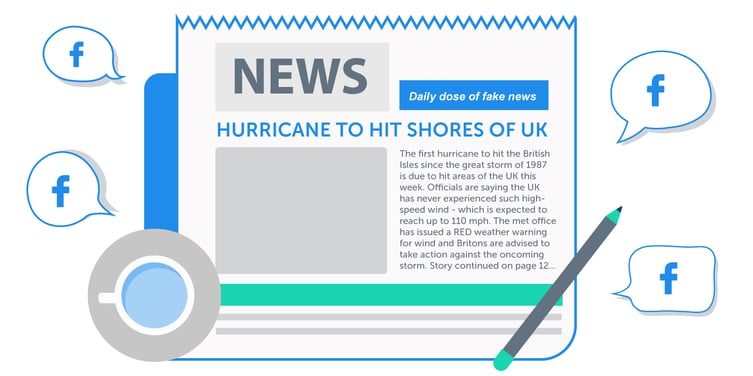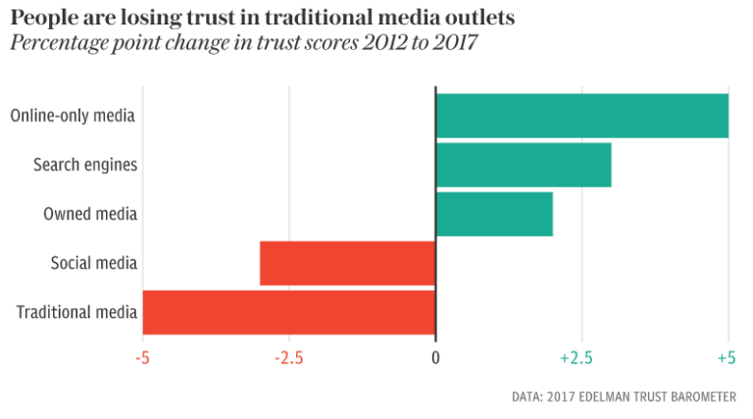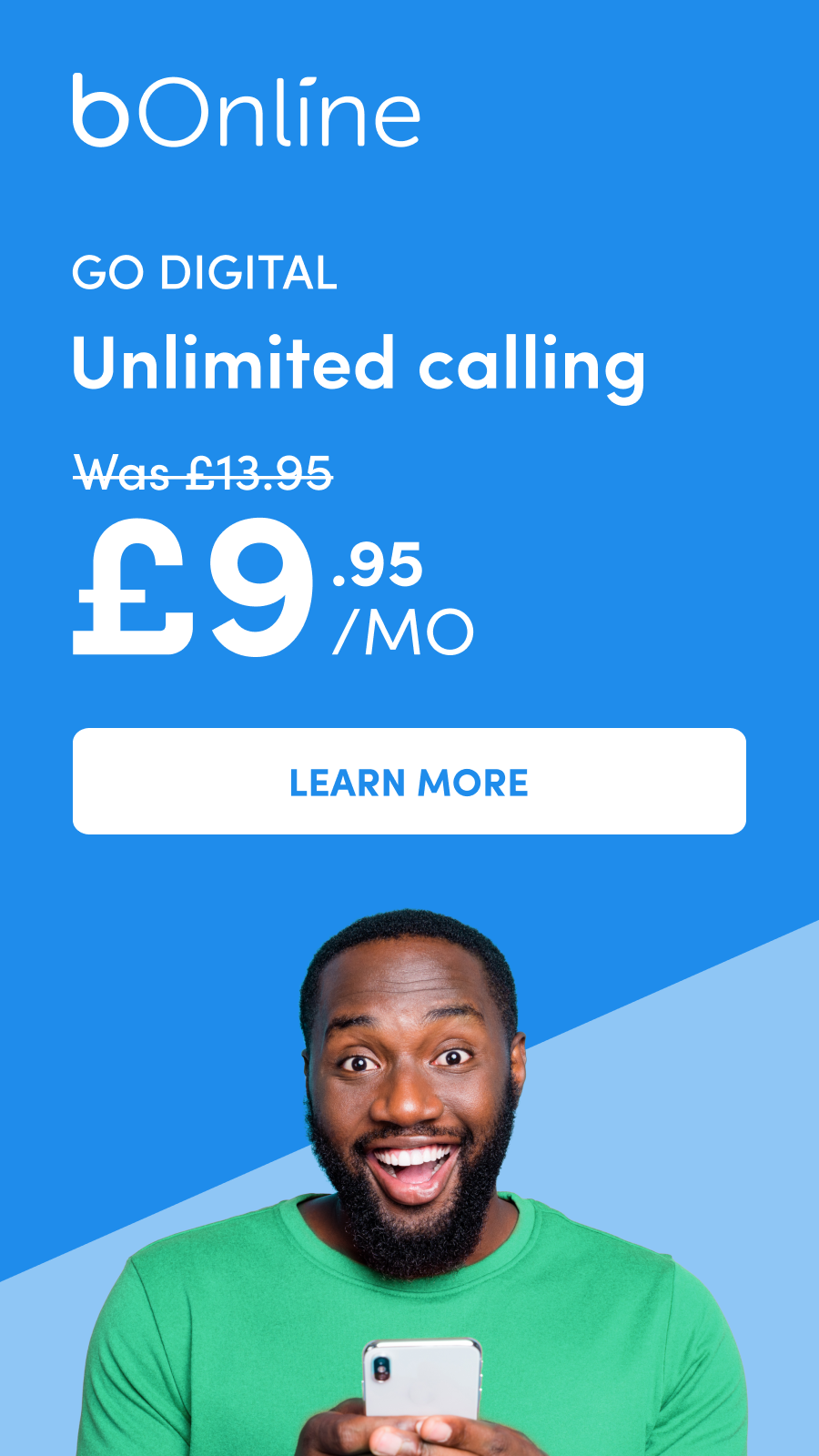See the newspaper article above? It looks pretty convincing right? Confession, I made it all up!
First things first - some of you are probably wondering.
What exactly is Fake News?
While it might not be the most convincing story, it’s passable, and that’s all Fake News needs to be. People have been creating realistic articles, just like my example of a storm hitting the UK, and using Facebook and other Social platforms to make money out of their tall tales.
Fake News is described in the Cambridge dictionary as: False stories that appear to be news, spread on the internet or using other media, usually created to influence political views or as a joke.
So where did it come from?
In mid-2016, Buzzfeed's media editor noticed a funny stream of completely made-up stories that originated in a small Eastern European town. He, along with his colleague, then began to investigate, and discovered at least 140 Fake News sites around the American elections which were pulling in huge traffic from Facebook.
The individuals creating the Fake News probably didn’t have much interest in American politics, but there was an incentive to keep posting because of the money to be made from Facebook advertising. Read more about the history of Fake News here.
How does Facebook come into all of this?
Before the days of the internet, publishing articles and advertisements was more expensive and difficult to distribute. For companies to build up trust with their readers took dedication, patience and time.
The introduction of Social Media has enabled brands and individuals more power and influence. Providing news to the people has never been easier, and there is money to be made from it. The growing popularity of Social Media has broken down the boundaries that prevented the spread of Fake News and now allows anyone to create, distribute and reap the rewards.
So how have they been trying to stop Fake News on the site?
Since the 2016 American presidential election, and really, the discovery of Fake News, Facebook has tried various methods to combat it. This has included monitoring of suspicious accounts as well as more traditional methods. They’ve used print ads in the UK and more recently India to advise people how to spot Fake News.
The effect of Fake News, however, has already taken effect. The graph below shows how people are losing trust in traditional media outlets.
Facebook has a serious issue, and it seems unstoppable. But if it continues people may lose trust in it all together and that will have terrible effects for businesses who rely on social media for advertising.
What’s the problem and how will it affect my business?
You’ll find that readers on social platforms are highly sceptical of sponsored content. Small businesses need to make sure that they are credible. Only post content you know to be true, only refer to authentic media sources, and think before you share anything and only refer to authentic media sources.
Fake News is malicious and the scandals have already crippled many small businesses. A company will share a news story and before they know it, the content will go viral. Suddenly they’re associated with a case of Fake News without meaning to be. It often happens quickly and can crush your credibility in seconds.
Final thoughts
So while you may think that it’ll never affect you, continue to be wary of the things you read online, and even more wary of what you share. Facebook have some methods in place to keep Fake News away, but unfortunately, it’s still getting through.
Share and enjoy
If you have any questions or comments about this post, please fill in the comment box below. Or send me an email: shale@bonline.com. To find out more about bOnline, please visit our website.







